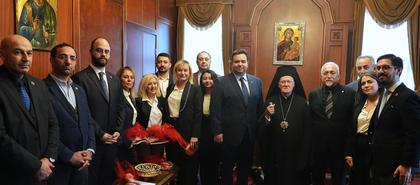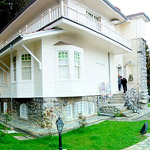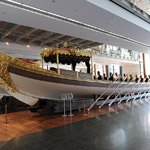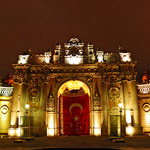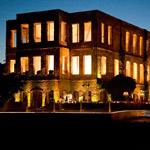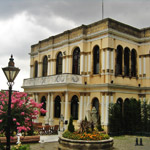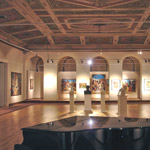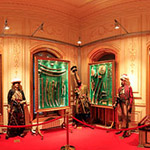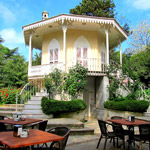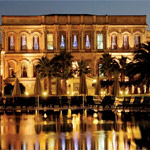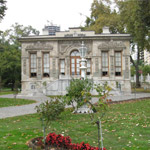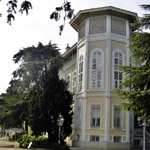The Protect Project Will Be Hosted by Beşiktaş Municipality
The Protect Project will be hosted by Beşiktaş Municipality in partnership with Goldsmiths University of London from March 28 to April 1, 2022.
“Protect” is a “KA2 YOUTH Strategic Partnership” project that aims to develop innovative educational tools that Youth Workers and young women can use to protect themselves from, inform themselves about, and take measures against sexual abuse. The partners of the project, which is coordinated by the "Goldsmiths University of London" in London, are Beşiktaş Municipality (Istanbul-Turkey), Fundacja Cooperacja (Leszno-Poland), C.I.P. (Nicosia-Cyprus) and Pistes Solidaires (Pau-France).
The project aims to increase the level of competence of women under the age of 30 and to improve their skills and understanding of Comprehensive Sexuality Education. The objectives of the project are to improve women's skills and awareness on child sexual abuse. In line with these goals, the first training meeting was held online due to the pandemic on 7-11 June 2021, hosted by C.I.P. and Fundacja Cooperacja. The second training meeting will be held between March 28 and April 1, 2022, hosted by Beşiktaş Municipality in cooperation with Goldsmiths University of London. A total of 22 youth workers from England, France, Cyprus, Poland and Turkey will meet in Beşiktaş and receive education in English on topics such as social exclusion, social inclusion, child brides and pedophilia under the main heading Child Sexual Abuse. At the end of the trainings, a toolkit will be developed to evaluate all these trainings and to ensure that the information obtained is used by other partners and the young people they train.
In this training, participants will develop knowledge, skills and approaches in the fields of "social inclusion" and "child abuse protection" by using different educational approaches, and "children's games" will also be designed to be used in this field. These games will then be applied to children. Non-formal education methods will mainly be applied in the training. Name games, group dynamics games, icebreaking activities, workshops, simulation, gamification and study visits will be carried out. At the end of the training, each country will design a "children's game" in its own "child protection" field.

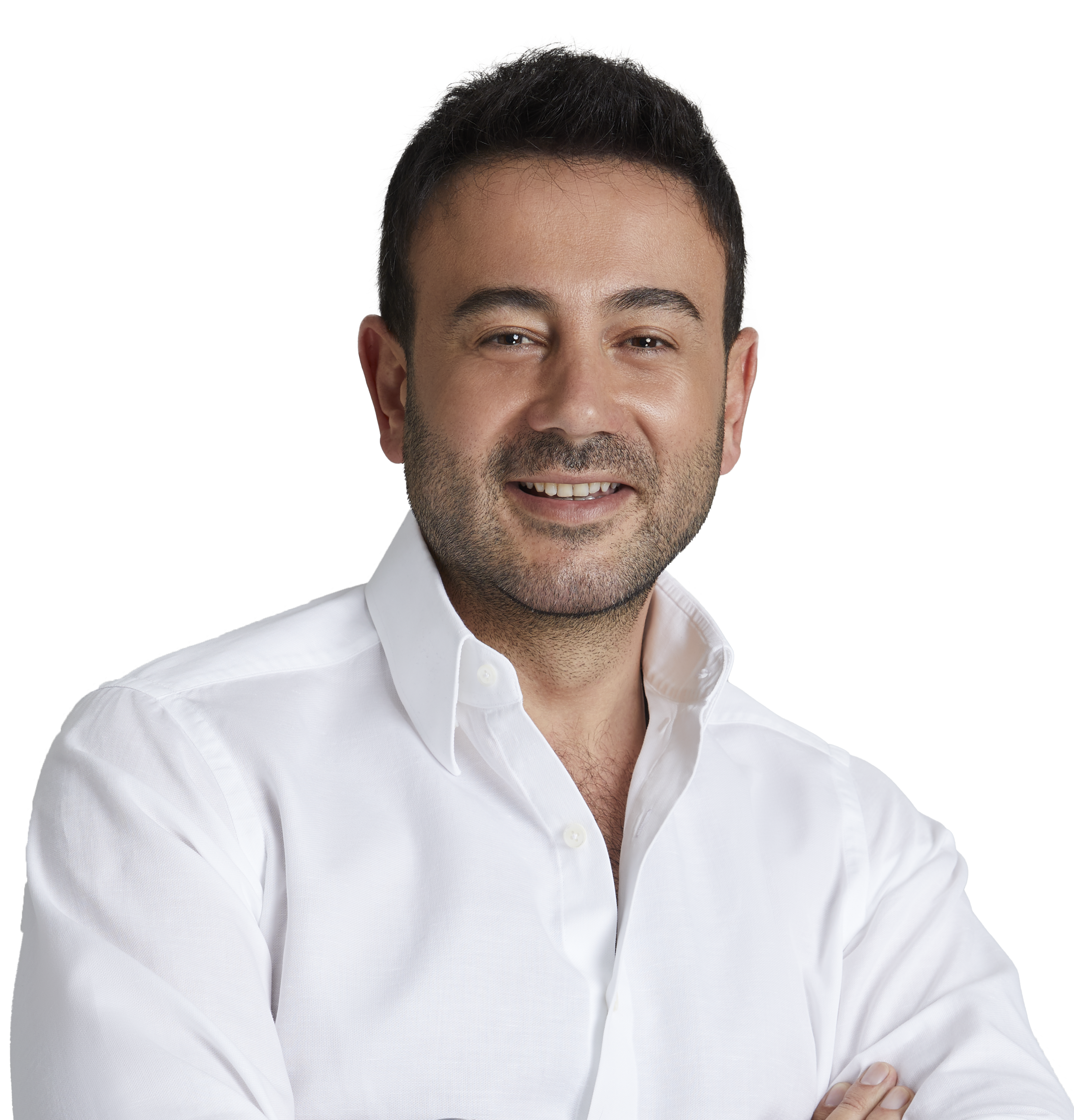














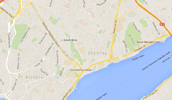





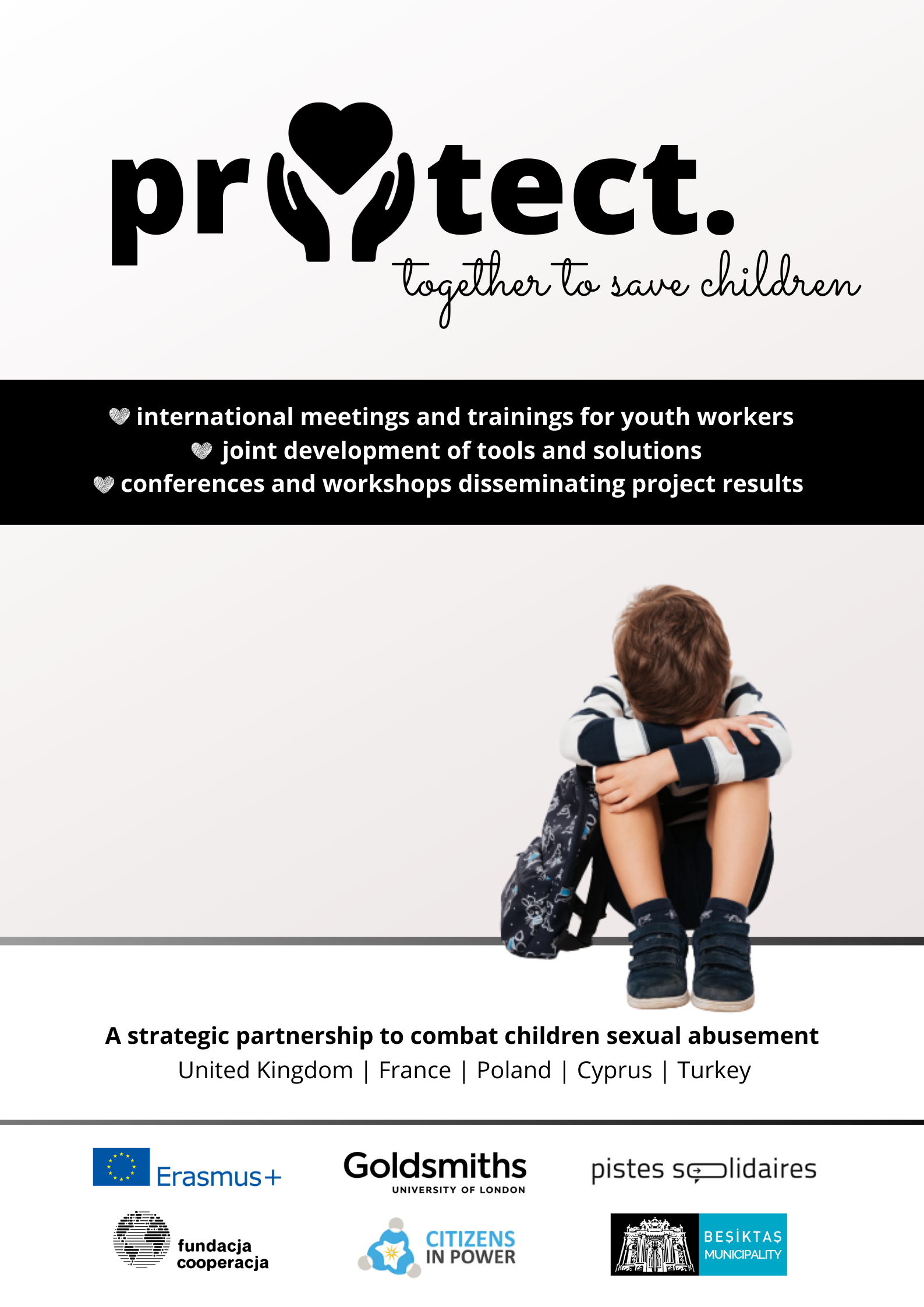
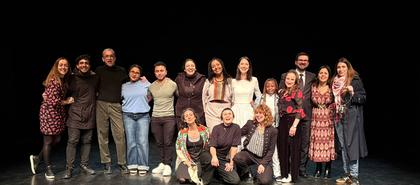
 (1)_420x185.jpg)
